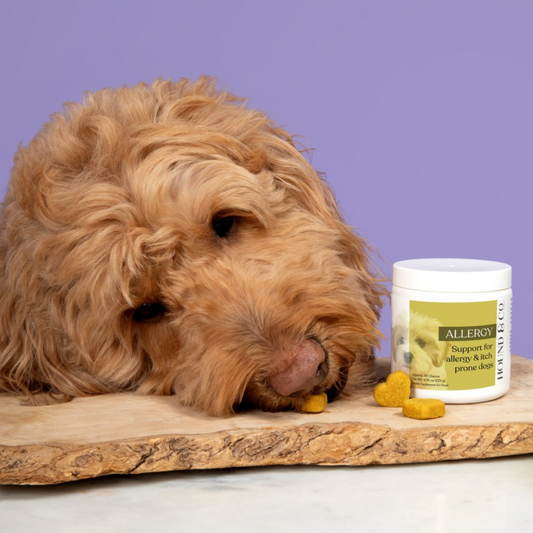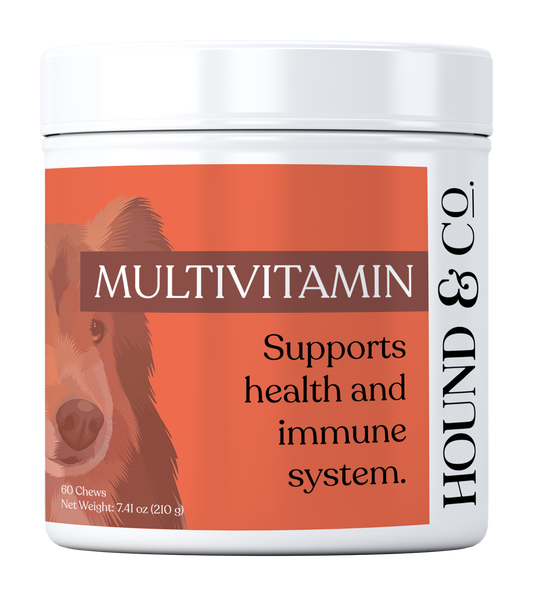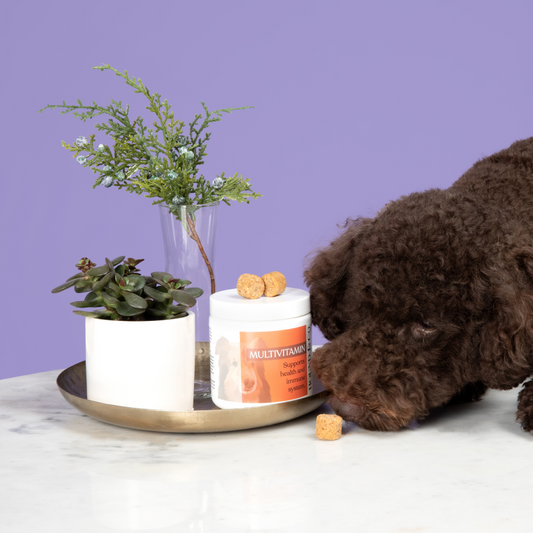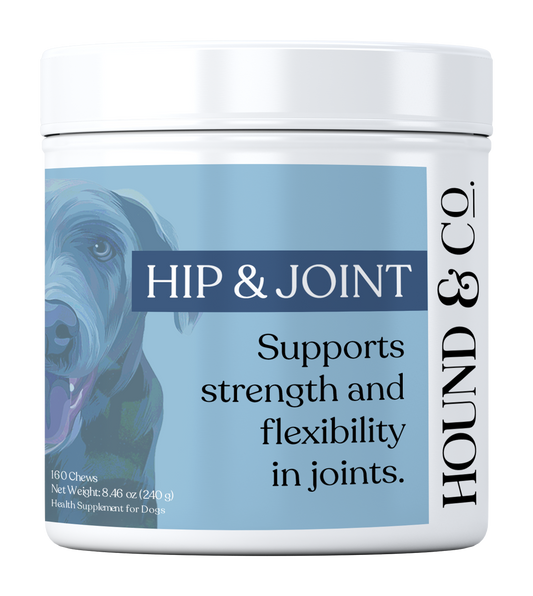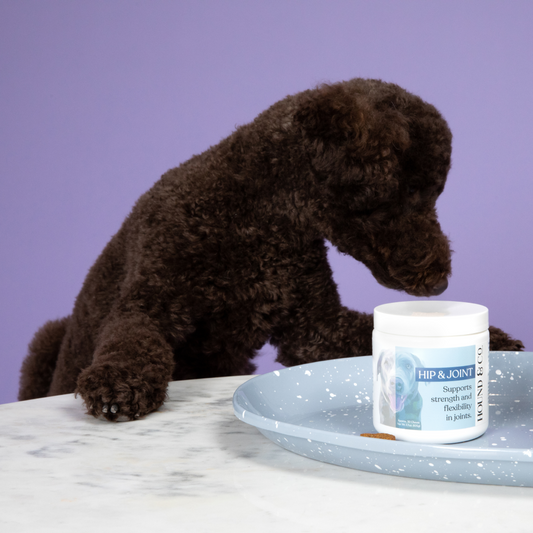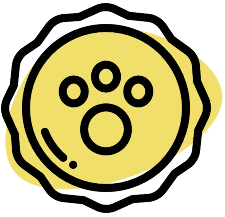Your Dog Isn't Actually Feeling Guilty (Science Explains That Face)

Vet Reviewed by Dr. Jacob Klos, DVM

You know the scene: You come home to destroyed trash, and there’s your dog with THAT look—ears back, avoiding eye contact, practically radiating “guilt.”
Here’s the mind-blowing truth: Your dog has no idea what they did wrong.
The Famous Guilty Look Study
Dr. Alexandra Horowitz’s 2009 study revealed something shocking. In the experiment, dogs were told not to eat a treat. While the owners left, some dogs ate the treat, some didn’t. But when the owners were told their dog misbehaved and scolded them—all the dogs showed the “guilty look”… even the innocent ones.
The takeaway: The look wasn’t about the action. It was a response to the owner’s behavior.
What That Look Really Means
It’s called appeasement behavior—a natural body language dogs use to de-escalate tension. Common signs include:
- Lowered body
- Tucked tail
- Averted gaze
- Ears back
- “Whale eye” (showing the whites of the eyes)
These behaviors evolved from wolves trying to calm packmates—not confess to wrongdoing. Your dog isn’t apologizing… they’re trying to calm you down.
The Memory Problem
Dogs’ episodic memory (memory for specific events) fades in under 2 minutes for non-reinforced events. That trash explosion from 3 hours ago? Your dog literally doesn’t remember doing it.
So when you scold them later, they don’t associate your anger with the mess. They just sense your emotion and respond in the only way they know how—appeasement.
What Dogs Actually Feel
Dogs CAN feel: Joy, fear, anger, love, jealousy, empathy
Dogs CAN’T feel: Guilt, shame, pride (these require complex self-awareness that dogs don’t possess)
We interpret the “guilty look” as remorse because we’re wired to humanize animal behavior. In fact, studies show 74% of people misinterpret appeasement as guilt.
Why Punishment Fails
When we punish based on this misunderstanding, it creates a harmful loop:
- Your dog does something normal (like exploring the trash).
- You come home hours later, find the mess, get upset.
- Your dog senses your mood, shows appeasement.
- You interpret it as “guilt” and scold them.
- They become more anxious and less trusting.
Over time, this erodes the human-animal bond and increases stress-related behavior issues.
What Actually Works
- Prevent the issue: Use lidded trash cans or block access.
- Only correct within 1–2 seconds of the behavior for it to be effective.
- Focus on rewarding positive choices rather than punishing mistakes.
Most importantly, remember: that “guilty” look is empathy—not guilt. Your dog isn’t confessing. They’re just really good at reading your emotions and trying to comfort you.
Your dog’s not feeling shame—they’re feeling connection. And that’s something to be grateful for.








